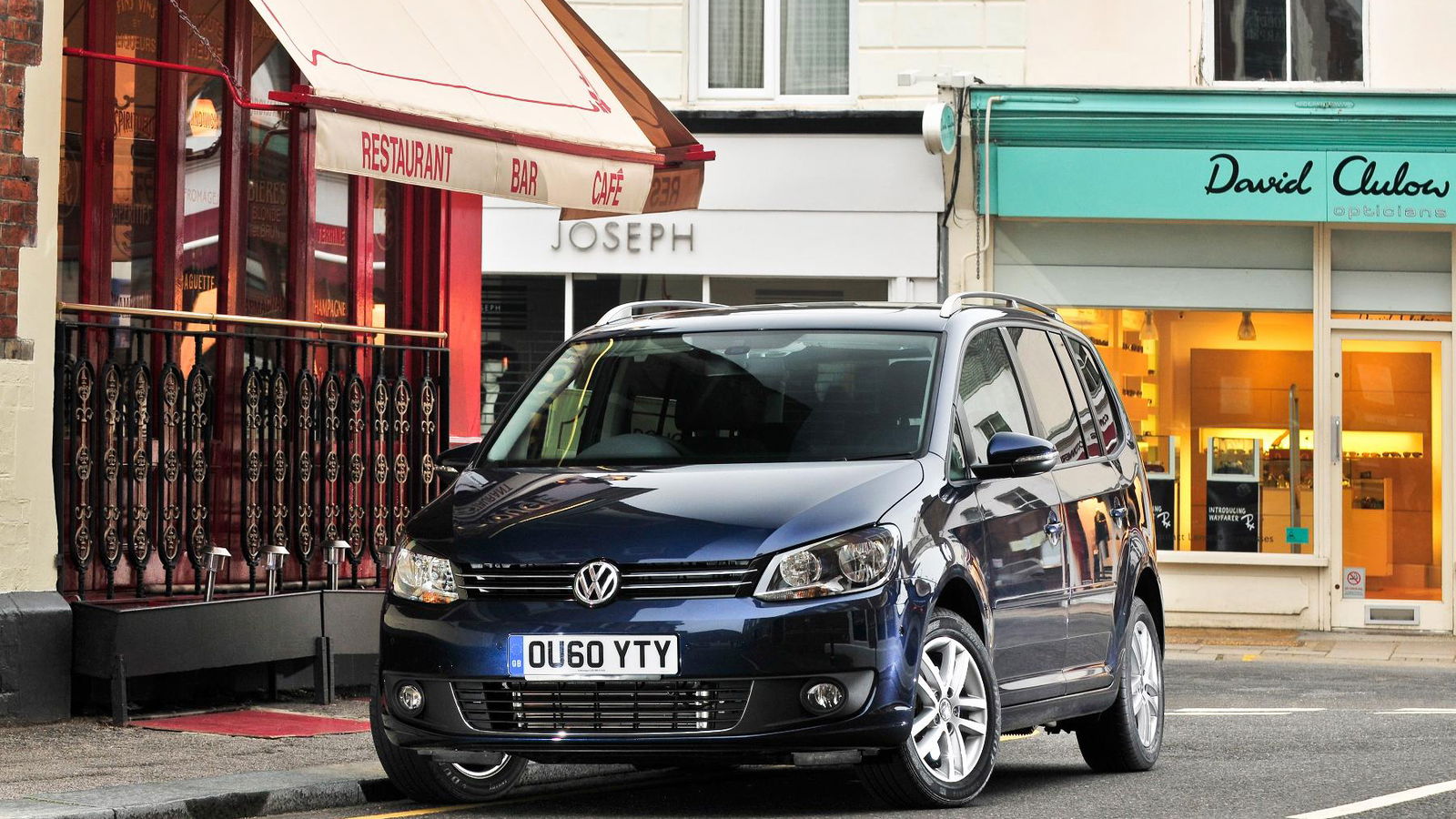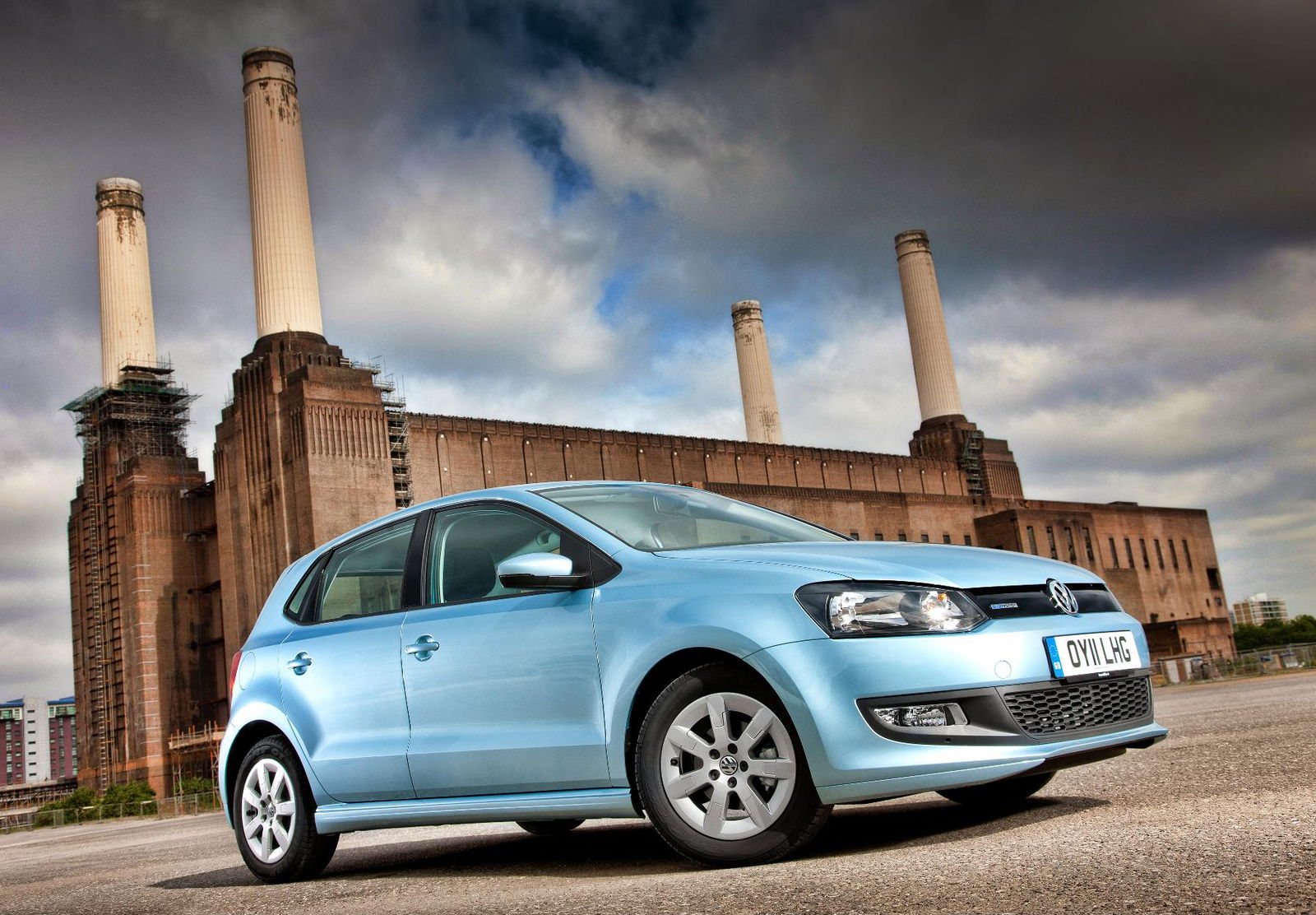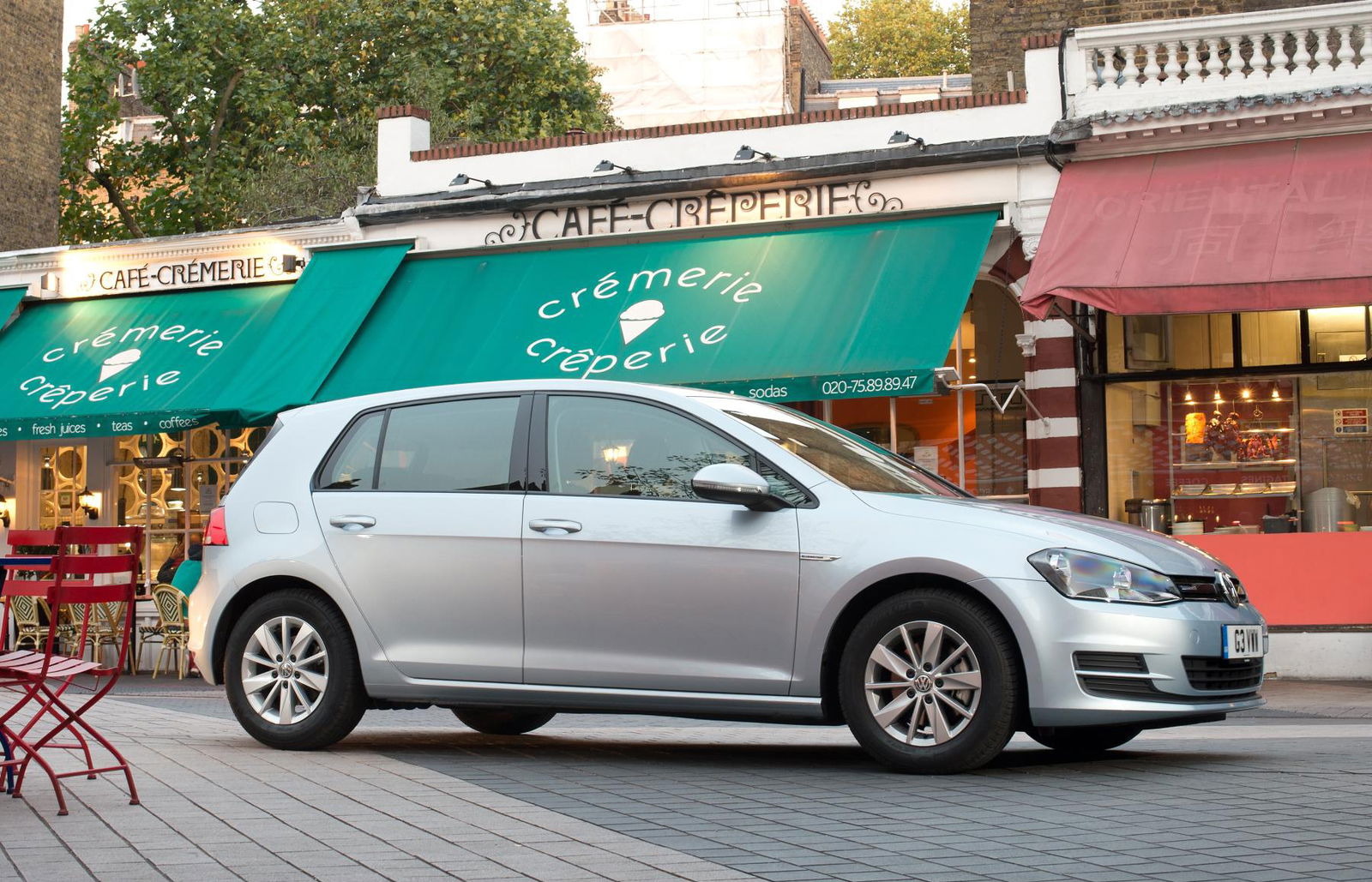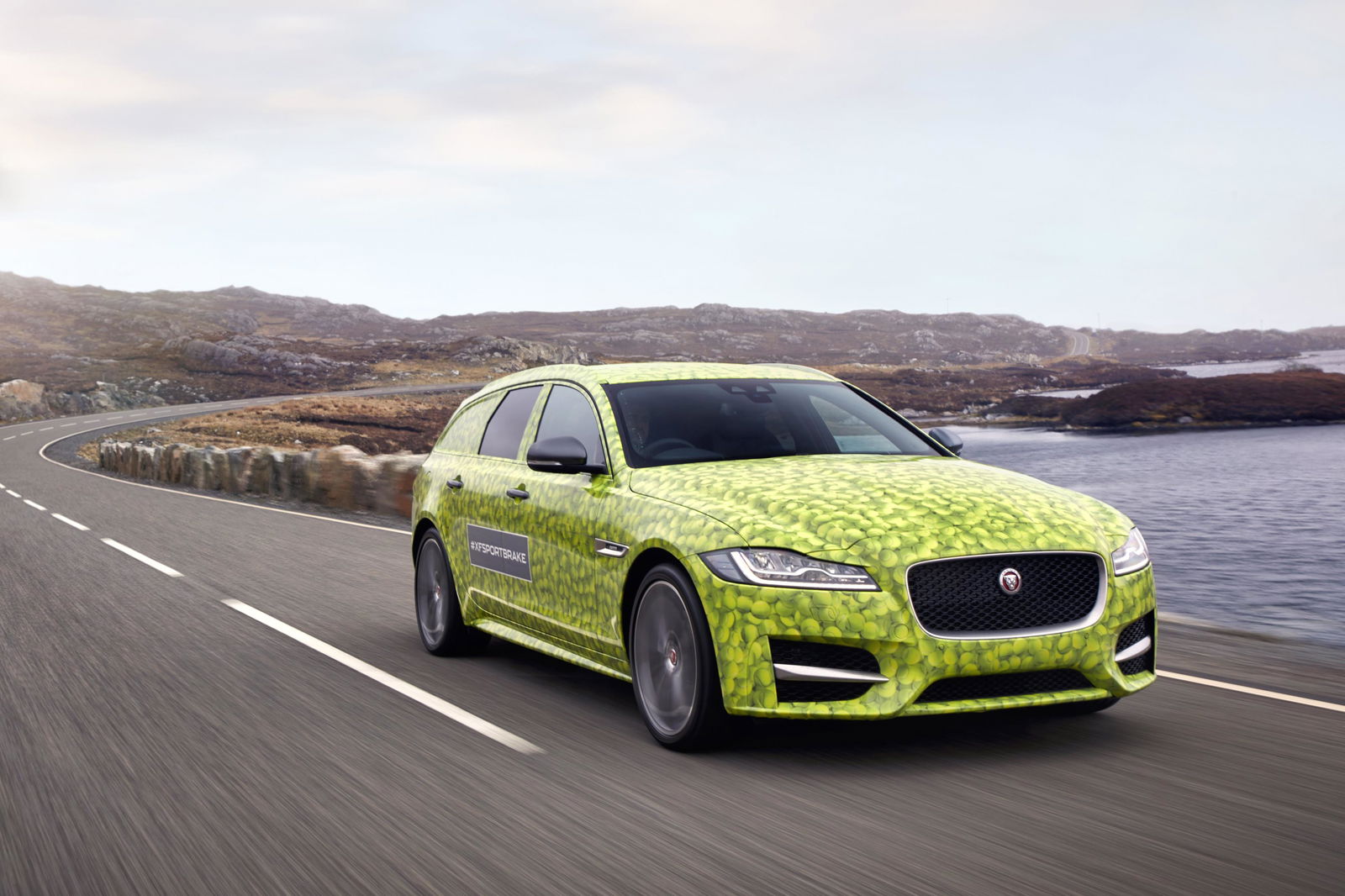Volkswagen's Diesel Emissions Fix Lowers Fuel Economy, Claims Real-World Test

Volkswagen’s diesel engines are delivering worse fuel economy because of the dieselgate fix applied to them, suggests an Autocar test.
Autocar compared the economy results of a pre-dieselgate 1.6 TDI VW Touran MPV to its own new figures using a ‘fixed’ 2013 car, with both tests run to the True MPG standard of its sister title, What Car?, at Millbrook Proving Ground. The programme is meant to closely match average real-world driving patterns.

Volkswagen has insisted that the fix has no impact on the fuel economy of those engines that receive it, but the weekly magazine saw a drop of over 3mpg, from 50.72mpg to 47.61mpg. The test, they say, is repeatable to within 1 per cent accuracy and typically accurate to within 0.5 per cent, giving a maximum theoretical 1mpg overall margin for error between the two numbers, but a 0.5mpg margin is likelier.
Over the single test the nitrous oxide (NOx) readings were almost halved, from 0.639g/km to 0.351g/km, suggesting the fix has at least done what it was supposed to do, but Autocar says that an average from three repeated test runs would be more accurate.
This is not the first report of trouble with ‘fixed’ engines, with others already having reported breakdowns and myriad new faults.

It’s fair to say Volkswagen disputes the findings, saying that there are more than 20 variables that could have affected the outcome of the test, although it refused to define those more specifically.
The 1.6 TDI engine in the Touran is one of three affected by the dieselgate saga; the other two being the 1.2 TDI in the Polo and the 2.0 TDI found in just about every mid- and large-sized car the Volkswagen Group makes.
In total there are 750 combinations of affected drivetrain and car, says Autocar, and that means VW has had to develop 750 different fixes. There’s no suggestion that this test means all of them must be negatively affecting fuel economy, but the question is inevitably going to hang there until someone tests every last one.








Comments
Put coal in the engine. Problem done! (Come at me haters)
Pagination